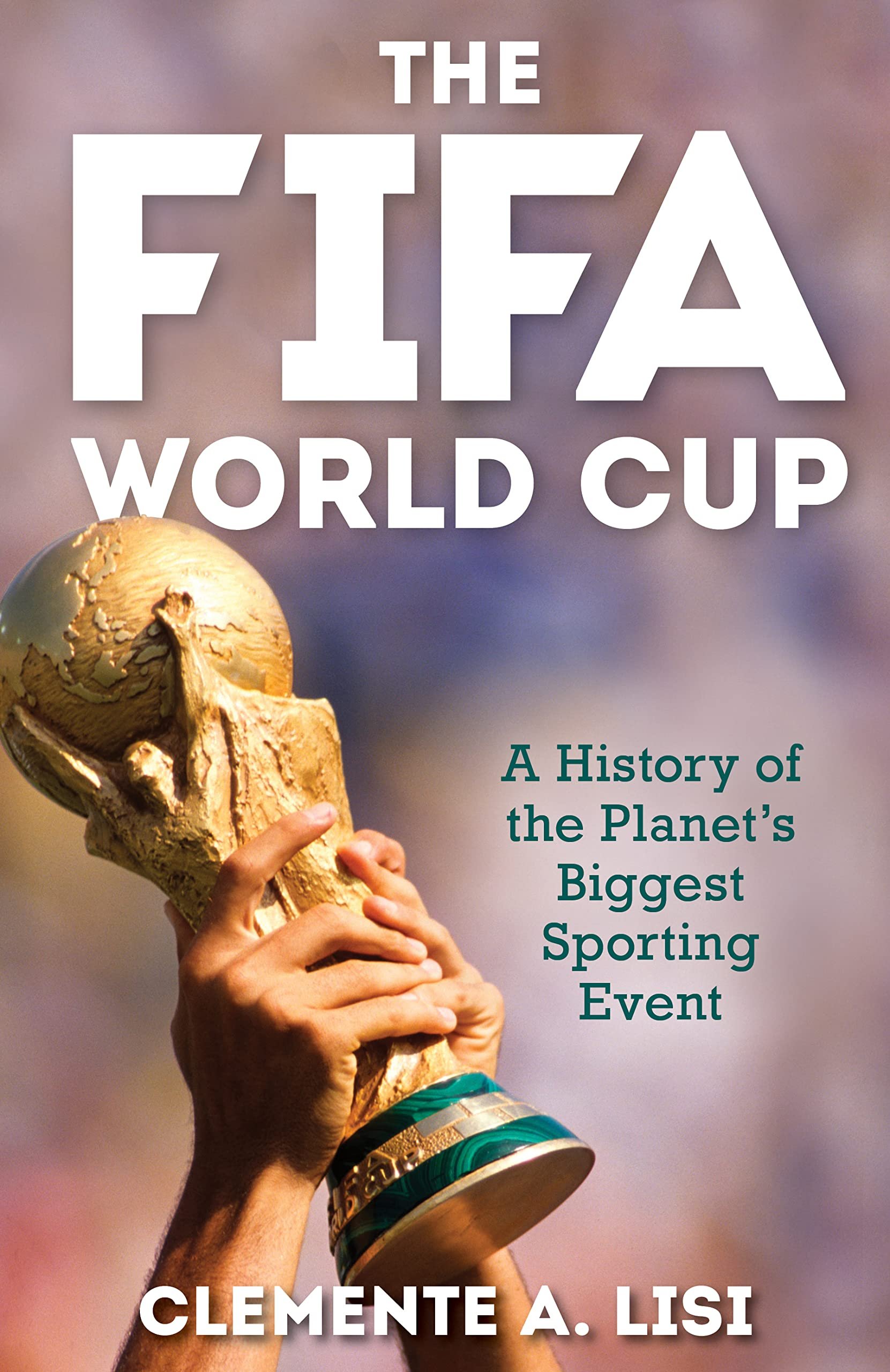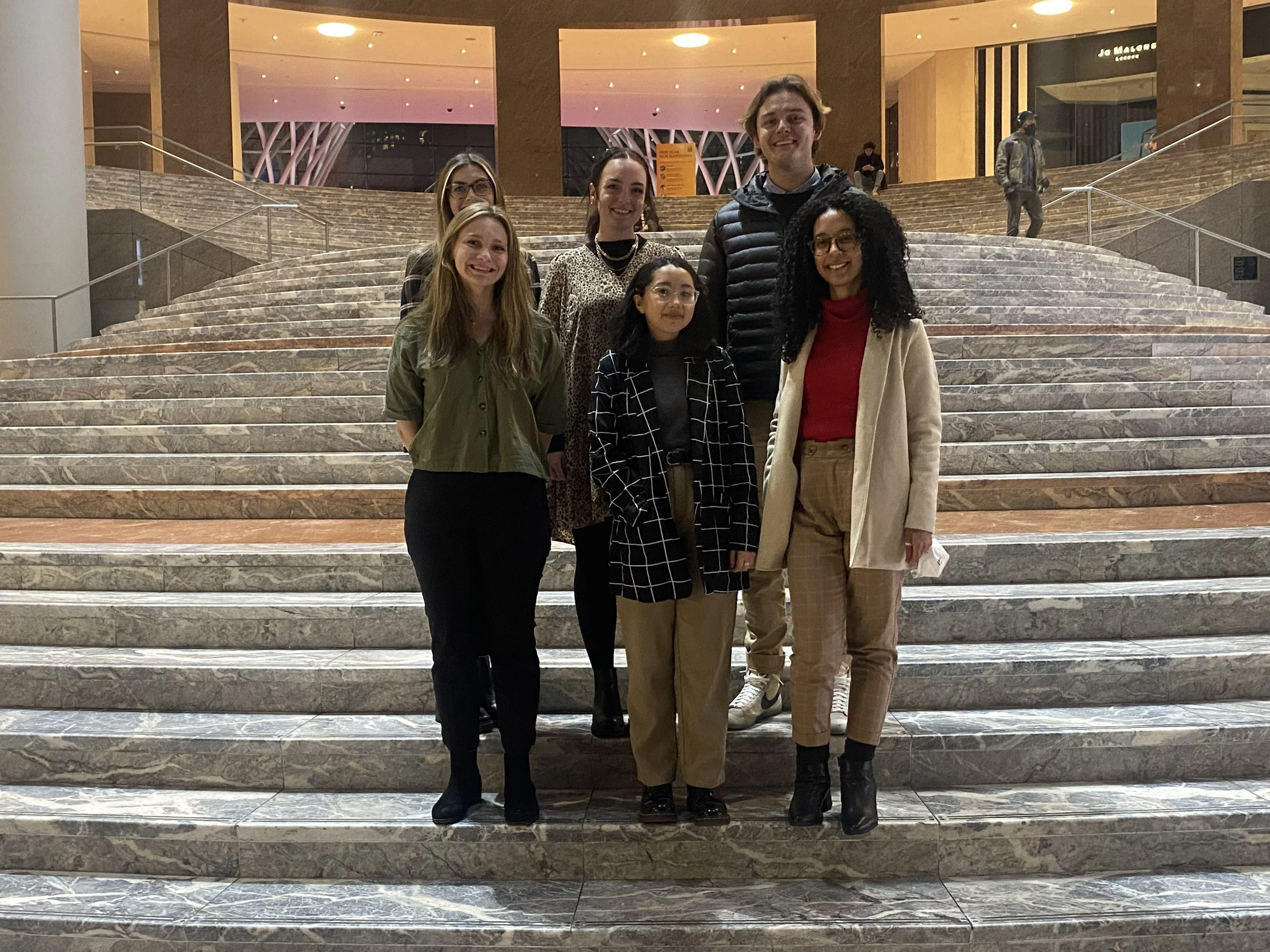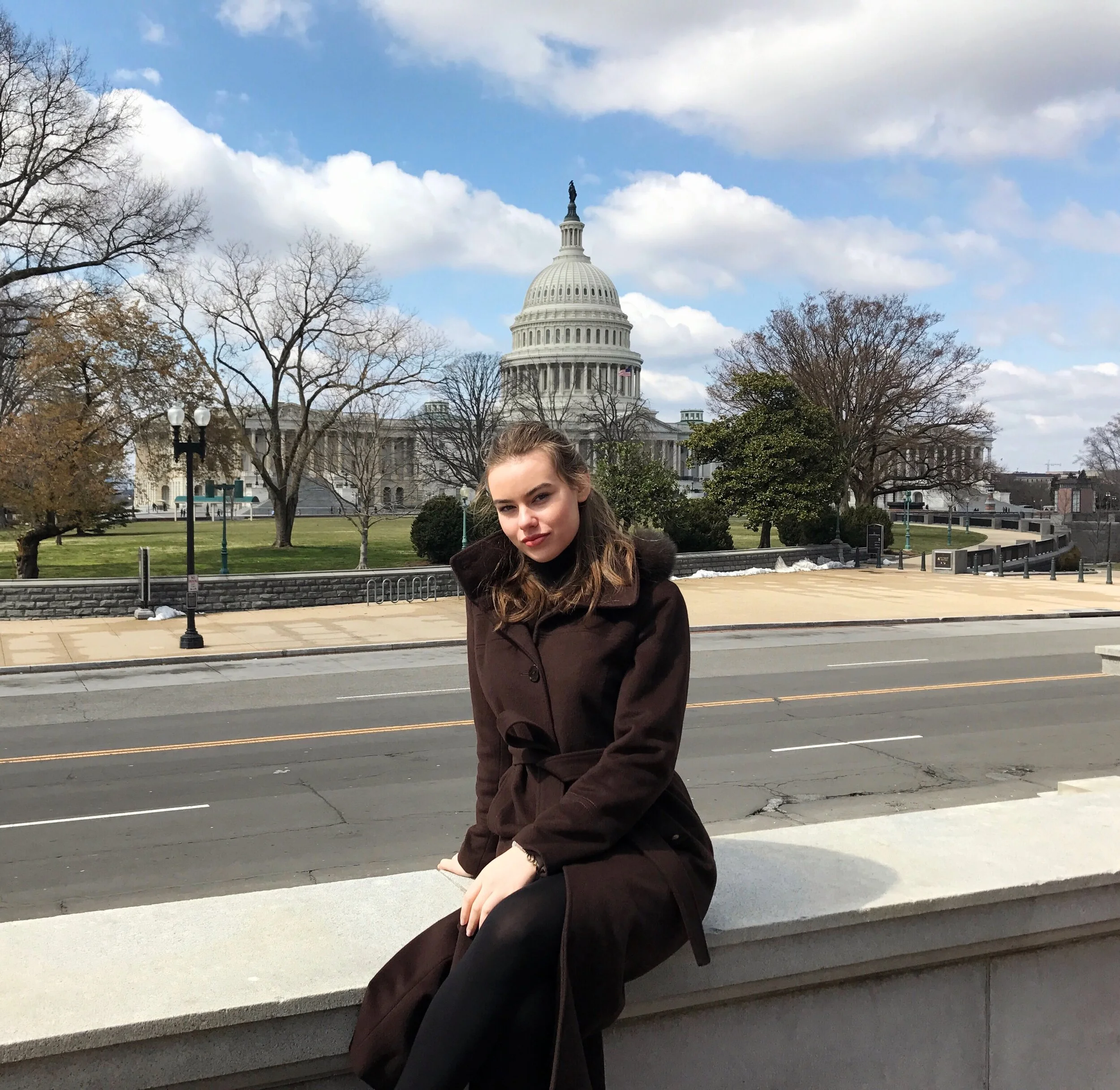A new book on the history of soccer’s World Cup, written by The King’s College journalism professor and veteran journalist Clemente Lisi, will be released on Oct. 12.
The publication of the book, “The FIFA World Cup: A History of the Planet’s Biggest Sporting Event,” comes ahead of the 2022 World Cup finals in Qatar. The quadrennial championship — the first time that it will take place in the Middle East — kicks off on Nov. 20 when the host nation takes on Ecuador.
“The World Cup is the biggest sporting event on the planet in terms of both eyeballs and passion,” Lisi said. “This book details the history of the event, the emotion it evokes and offers up a preview of the upcoming tournament.”
Every four years, the world’s best national soccer teams compete for the FIFA World Cup. Billions of people tune in from around the world to experience the remarkable events unfolding live, both on and off the field. From Diego Maradona’s first goal against England at the 1986 World Cup to Nelson Mandela’s surprise appearance at the 2010 final in South Africa, these unforgettable moments have helped to create a global phenomenon.
In “The FIFA World Cup: A History of the Planet's Biggest Sporting Event,” Lisi chronicles the 92-year-old tournament from 1930 to today. He provides vivid accounts of games, details the innovations that impacted the sport across the decades and offers biographical sketches of all-time greats such as Pele, Maradona and Lionel Messi. In addition, Lisi includes needed, objective coverage of off-field controversies such as the FIFA corruption case, making this book an impartial history of the tournament.
Featuring stunning color photography, interviews and behind-the-scenes stories from the author’s many years covering the game and attending the last three World Cups, the book is the definitive history of this global event.
The book’s official launch will take place at The King’s College in New York City on Nov. 2. Details for that event will be made public later this fall.
“The FIFA World Cup: A History of the Planet's Biggest Sporting Event” is published by Rowman and Littlefield. It is available now for preorder at Rowman.com, Barnes & Nobles, Target, Amazon and wherever books are sold.
Media who want to request a review copy can do so here.
Editorial Reviews for “The FIFA World Cup: A History of the Planet’s Biggest Sporting Event”:
“Read this book! A masterful, must-read guide full of important well-researched information for those of us who want more history and context to better enjoy and understand the World Cup.”
— Steven G. Mandis, author of “The Real Madrid Way and What Happened to the USMNT”
“Clemente Lisi's new book, The FIFA World Cup, serves as a wonderful walk down memory lane for fans of the beautiful game's biggest event. Lisi fell in love with the World Cup watching the '82 tournament at his grandmother's apartment in Italy. I fell in love with the World Cup that same summer watching the epic Germany-France semifinal shootout with my grandparents in Germany. Millions of us have similar stories to tell. Lisi's passion for the World Cup comes shining through in his well-researched, entertaining book, perfect for both die-hards and casual fans alike.”
— Andy Clayton, Deputy Sports Editor, New York Daily News
“Clemente Lisi's lifelong passion for soccer shines through on every page. The book is a great resource for novice and expert readers alike. The World Cup is the rare sports event that even non-fans can unite around and with this book he has found the back of the net.”
— Dan Good, author, “Playing Through the Pain: Ken Caminiti and the Steroids Confession That Changed Baseball Forever”
“The World Cup is unique and, with every succeeding tournament, the task of encompassing its goals and own goals, heroes and villains, magic and muddles becomes ever more of a challenge. Lisi has met that daunting test full-on and with an enthusiasm and love of the game which breathes through every page to render this a worthy addition to the genre.”
— Keir Radnedge, best-selling sports author, long-time columnist and former editor of World Soccer magazine










